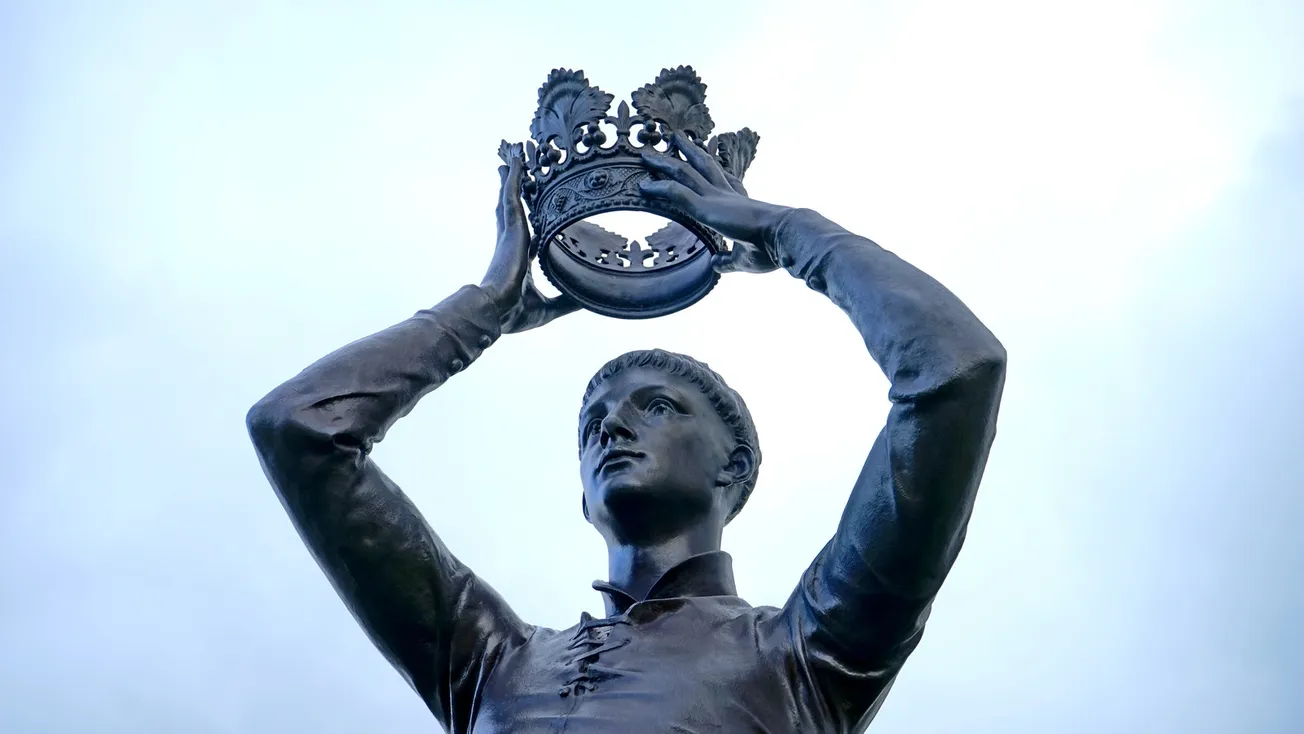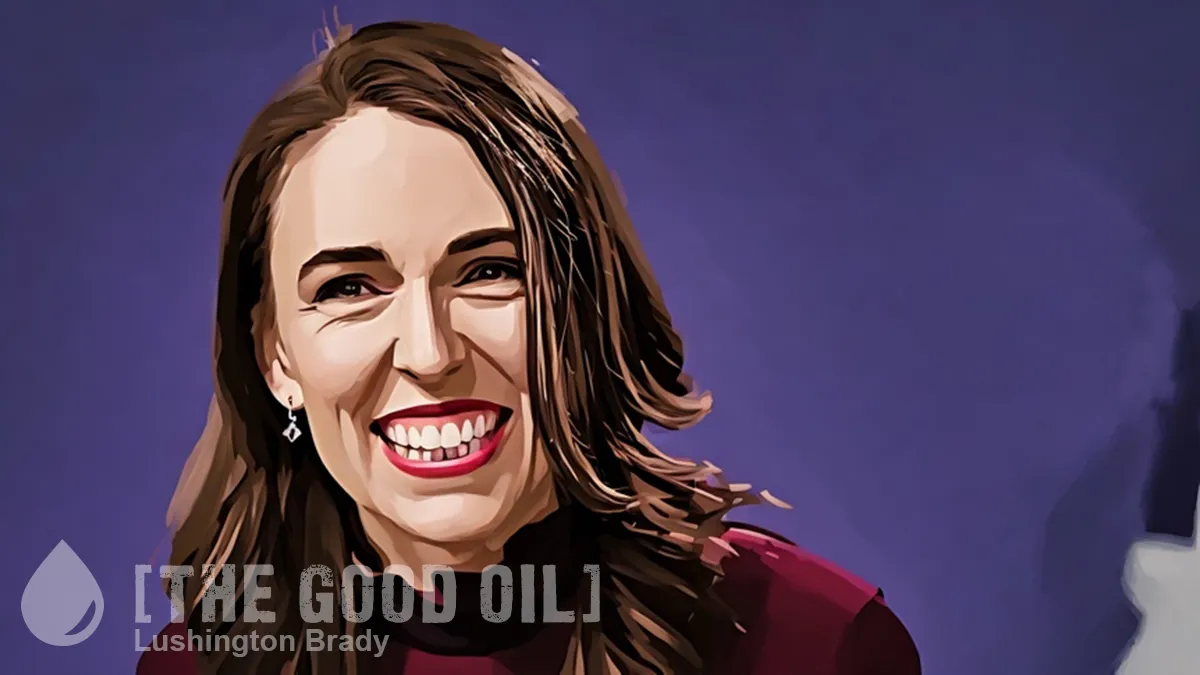Table of Contents
It’s a common mistake of both the admirers and detractors of totalitarianism to assume that it is inherently stronger than democracy. In the 1920s, especially, many apologists for fascism and Nazism argued that “democracy is too weak” to deal with the crisis of economic collapse. In recent times, even Clive Hamilton, a vocal critic of China, nonetheless argued that China was better placed to deal with the “climate crisis”, because it’s a dictatorship which can just tell it’s citizens to reduce emissions, or else.
There is a quote from Ghandi that I’ve always remembered, from the film of the same name: Remember that all through history, there have been tyrants and murderers, and for a time, they seem invincible. But in the end, they always fall. Always. This is not entirely true, of course: there are a handful of tyrants who’ve defied history by dying in their beds, but the exceptions exist to prove the rule. Most often, the head that wears the tyrant’s crown rests the uneasiest of all.
So, as we face the gathering storm clouds of totalitarianism from Russia and China, remember that dictators are far more vulnerable than they want to appear. And democracy — fragile, weak democracy — has outlasted generations of dictators.
Let’s begin with the popular idea that a Russian or Chinese state ruled by one man with an iron fist means these countries are better at statecraft than democratic rivals. It is seductive reasoning. Democratically elected leaders have limited time in power, must balance different and competing interests, and cannot pursue objectives in a single-minded manner. In contrast, dictators can focus on using more elements of national power to achieve permanent ends.
The actual situation is much more awkward and intractable for Vladimir Putin and Xi Jinping.
To paraphrase Star Wars’ Princess Leia: the harder dictators tighten their grip, the slipperier their hold on power becomes. Democratic nations like America can project their military power overseas because they don’t have to worry that, as soon as the troops are off the scene, the peasants will rise up.
Russia is forced to use stretched resources to prop up corrupt and oppressive regimes in Kazakhstan and Belarus. China cannot allow liberal institutions in a thriving Hong Kong or accept cultural self-determination in Xinjiang and Tibet. As a result, Beijing spends more on internal security than on the People’s Liberation Army, the lion’s share of resources going towards suppressing these two restive regions.
More importantly, the intransigent belligerence of both dictators is making their goals harder, not easier, not easier to achieve without military force. Russia’s furious opposition to Ukraine joining NATO has not only revived anti-Russian sentiment a nation of 45 million people which has every reason, from the Holodomor to Chernobyl, to bitterly resist being dragged back under the Russian yoke. China’s brutal methods in Hong Kong (not to mention Tibet) have hardly made the Taiwanese any more likely to happily welcome Beijing’s rule.
But if dictators are weaker than they seem, too many democratic leaders — not to mention media, academics and business leaders — are too easily cowed by the power-posing of authoritarian puffer fish. The spinelessness of democratic leaders in the face of Hitler’s bluster only served to buy the Nazi regime more time to build up its forces. Even then, militarily the War was never winnable — but it was that much harder and bloodier.
Weak-kneed democratic leaders are making the same mistakes, yet again.
Russia was let off far too lightly after it invaded Georgia in 2008. Europe, and Germany most of all, became unnecessarily dependent on Russian gas even though Putin’s intentions have been clear for almost two decades. Western Europe’s refusal to take more responsibility for its own defence has emboldened Putin and made the former more vulnerable to coercion and too reliant on de-escalation rather than deterrence.
China is a more complex problem but one partly of our own making. Even before Xi, Chinese leaders were allowed an easy ride. China is given substantial access to advanced markets while the most important parts of its economy are off limits to the world. Massive state-sponsored theft of technology and know-how is still tolerated. Until recently, there was little appetite to respond to growing Chinese aggression in disputed maritime regions. Feckless or shortsighted actions by democratic nations have helped convince China there is little downside to behaving this way. And it has led to the false but self-defeating assessment that Xi is fundamentally undeterrable.
The answer is, just as it was in the 1930s, not weak-kneed appeasement, but resolute refusal to bow.
It is about acquiring the capability and demonstrating enough resolve to compel Russia and China to consider the costs and risks of assertive action. These countries relentlessly assess relative strengths and know the advanced democracies still enjoy huge advantages, notwithstanding their sneering rhetoric against us.
The Australian
A bully who thinks they’re going to get a bloody nose in return is much less likely to take the first swing. When your enemy knows as well as you that you will win in the end, most often you’ll not have to fight at all.
Nearly a century after Hitler, Mussolini, Tojo and Stalin have been consigned to the dustbin of history, the world’s democracies are still standing, ready to stare down their would-be heirs. All democracies need do is remember that they are strong.








